“We’re talking about a luxury product, and how lovely it is that vines can evolve, change or whatever. Climate change might bring advantages to certain vineyard regions but they will be far outweighed by the disastrous environmental, social, economic and geopolitical impacts. So, are we sort of fiddling while Rome burns?”
The above question is asked on today’s Hexagon podcast. The person asking it is Geoffrey Finch. The person to whom it is asked is Olivier Humbrecht.
Geoffrey Finch is a champion of natural wine and organic food. He is the host of The Paris Grapevine, the podcast of Paris Wine Walks, and the director of Taste, a non-profit devoted to defending and celebrating good food and wine through tastings, tours, seminars, picnics, dinners and cultural events.
Olivier Humbrecht runs Domaine Zind Humbrecht in Alsace, one of the greatest vineyards in the world. His family has been making wines in Alsace since 1620. He also makes wine in Canada, at Phantom Creek Estates in the Okanagan Valley. He is the first French wine maker with a Master of Wine and the president of Biodyvin, an association of biodynamic wine producers that includes many of the most prestigious vineyards in France.
When winegrowers, like all farmers, talk about the weather, they’re not making small talk.
The conversation took place in late July. It had not rained in Alsace all summer. The grape harvest at Zind-Humbrecht was still at least a month away. Or so Olivier hoped.
Everything is earlier. The one thing which is too early today is bud break, the first stage of the vine cycle, the moment when the buds shoot out and start to produce little green bits. If this happens at the end of April, like it used to 40 or 50 years ago, well, most frost risk is over. You might have some frost damage once every 10, 15 or 20 years. Now bud break is at the end of March or very early April. You have the whole months of April to worry about. In 2022, we had a big frost wave in France, around the sixth or seventh of April, the vines were just about to bud break. And if that cold weather had happened, maybe three or four days later, we probably would've lost a lot of the crop. So, every year, we are literally praying to not have this frost issue.
This year’s wines in Alsace are expected to be very good. The harvest, however, which started, as Olivier had hoped, on August 26, and was well under way throughout the region by September 5th, was among the smallest of the last ten years, especially for Riesling. Heat waves and drought began during flowering, resulting in looser bunches, fewer and smaller berries, and less juice. Gewurztraminer production was especially low. Spring frosts caused losses of up to 40% on certain parcels in the region. Overall, frost and June hail knocked out about 9% of the crop.
By today’s standards, this is considered pretty good. In the past, an “exceptional” year was one where a major climatic disaster occurred. Today, “exceptional” means a year where nothing particularly nasty happened. France hasn’t had one of those for some time.
Hail, frost, heat waves, droughts, thunderstorms, fires, torrential rains, floods, new heat waves, more drought, more fires, more hail—the “weather” has been downright Old Testament nasty this year.
.
Grape vines are exceptionally drought-tolerant. Their deep roots can draw water from far below. But intense heat and "water stress" cause the life cycle of the vine to speed up. Then they lose their leaves and stop feeding their grapes. As the maturity of the berries accelerates, winegrowers are forced to harvest early. The grapes generally have lower final weight.
Harvesting dates were brought forward across the country. This is part of a long trend. Since 1974, harvests have moved forward an average of 18 days, from the 29th to the 11th of September.
In the Aude region, home of wines like Cabardès, Corbières, Fitou, Limoux and Minervois and Muscat de Rivesaltes, temperatures exceeded 35 degrees celsius for several weeks and peaked well above 40. Nights were almost as hot. And not a drop of rain fell in four months.
A Muscat vineyard started harvesting its grapes on July 25, a new record for earliness in France.
This is the third time in the last six years that the harvest in the Aude began in late July.
Flooding is even more common.
On August 18th in the Gard, home of Tavel, Lirac, Costières-de-Nîmes, Côtes-du-Rhône, Costières-de-Nîmes, Gard (IGP) et Coteaux-du-Pont-du-Gard, six “normal” months of rain fell in three hours—right in the middle of the harvest.
The French Ministry of Agriculture estimates that this year’s total wine production at between 42.6 and 45.6 million hectoliters - up 13 to 21% compared to last year’s low harvest, which was hit by a disastrous spring frost. And late flooding in the south.
Some regions fared better than others this year. Burgundy vines tolerated the drought well. A “grandiose” 2022 vintage is expected.
The challenge facing winemakers is to find more climate resistant grape varieties. Or more northerly vineyards—perhaps in areas never before considered wine regions. Brittany, Belgium or the south of England for example. But even England was hit with historic +40C temperatures this summer.
Will France still be able to produce wine in the south? Will wines change? Will wine consumption have to change, too?
Olivier provides many answers in the podcast. And he takes Geoffrey’s question above very seriously.
Have a listen. Comment and share. Subscribe.
PS: The earlier harvests have also made it more difficult to recruit pickers, as harvests now fall during summer vacation or in September, when fewer students are available, as the French academic year now takes place in early September instead of October.
So, why not offer your services next year?
If you’re European, go here and type “vendange” into the search box.
For general guides for each wine region, and info on accommodation carpooling and equipment, etcetera, go here.
If you’re not European, write a letter to your favourite winemakers on this list. Or this one.




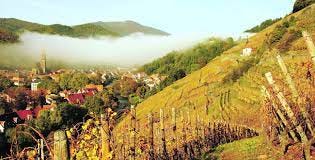
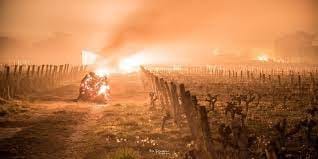
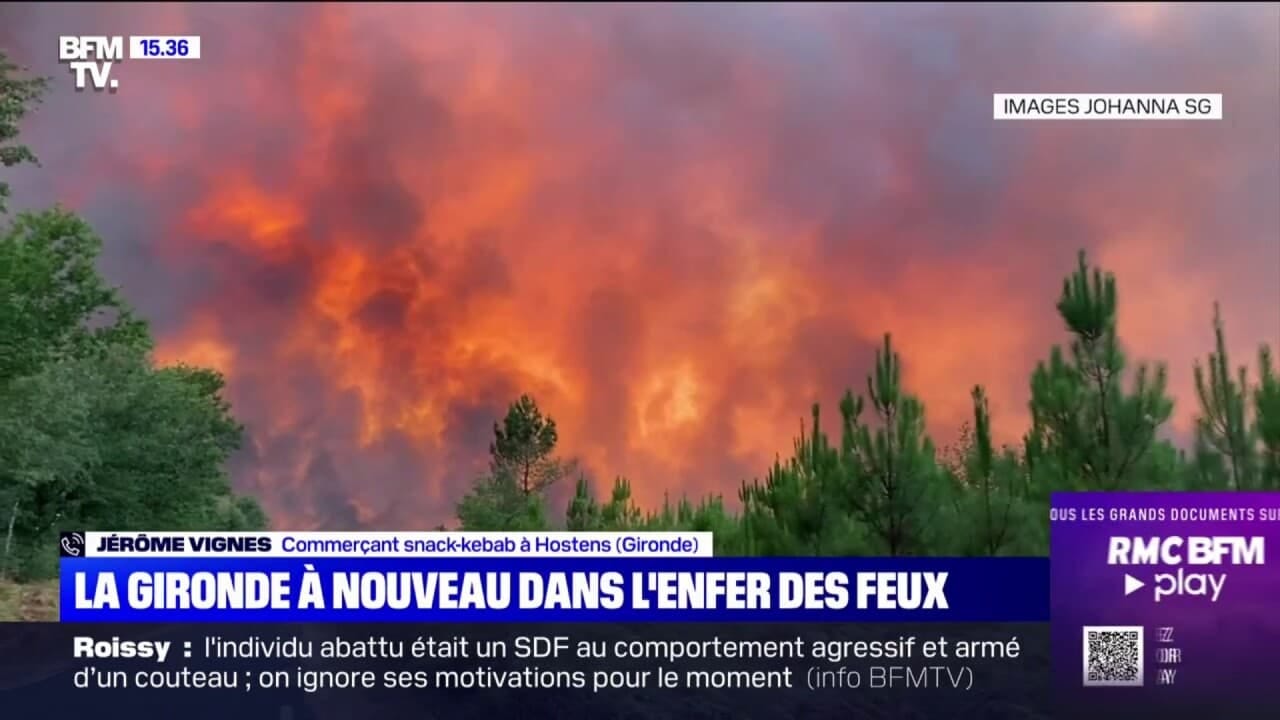
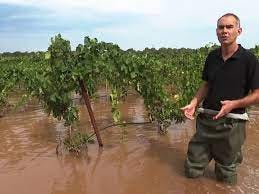
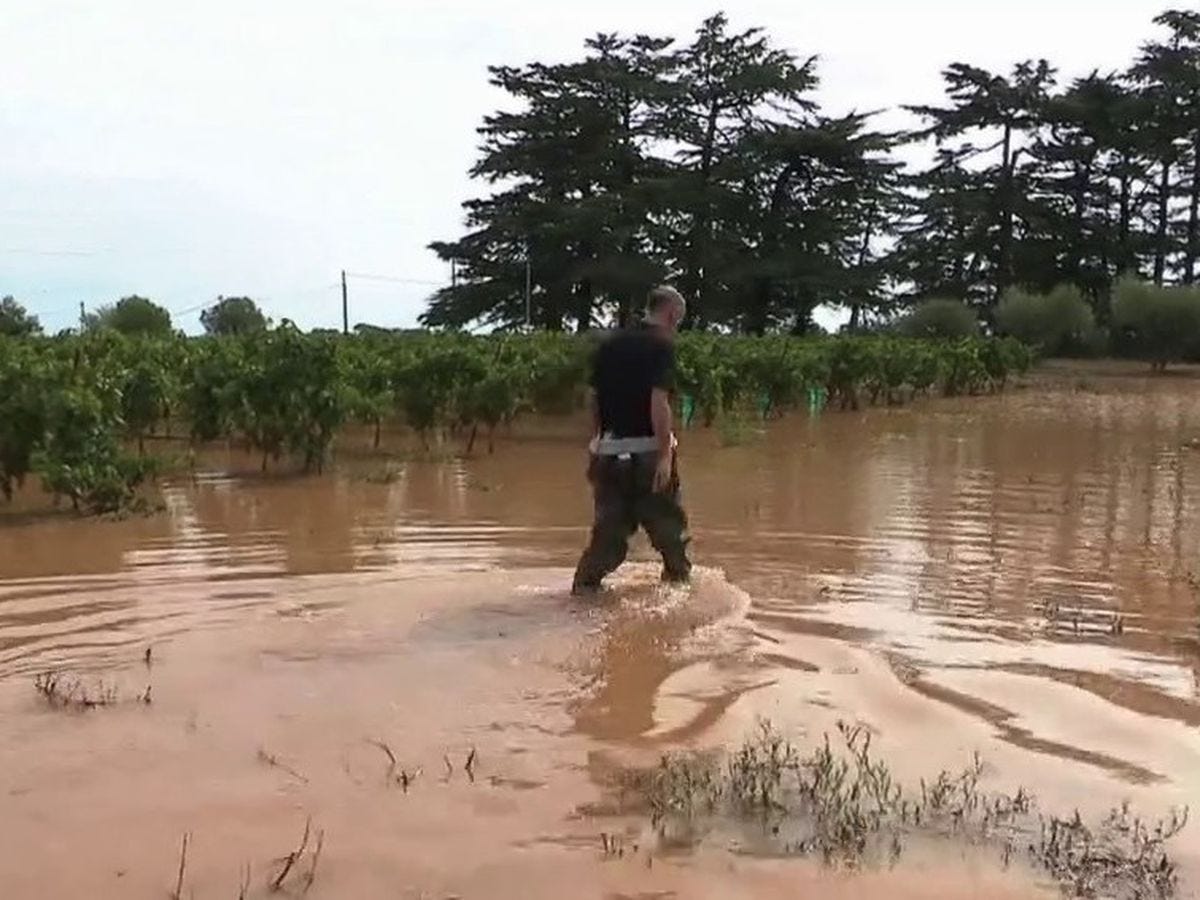
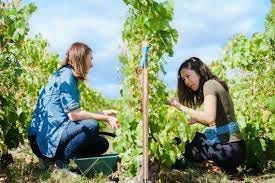


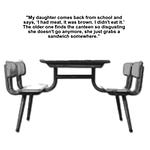

Wine under the weather